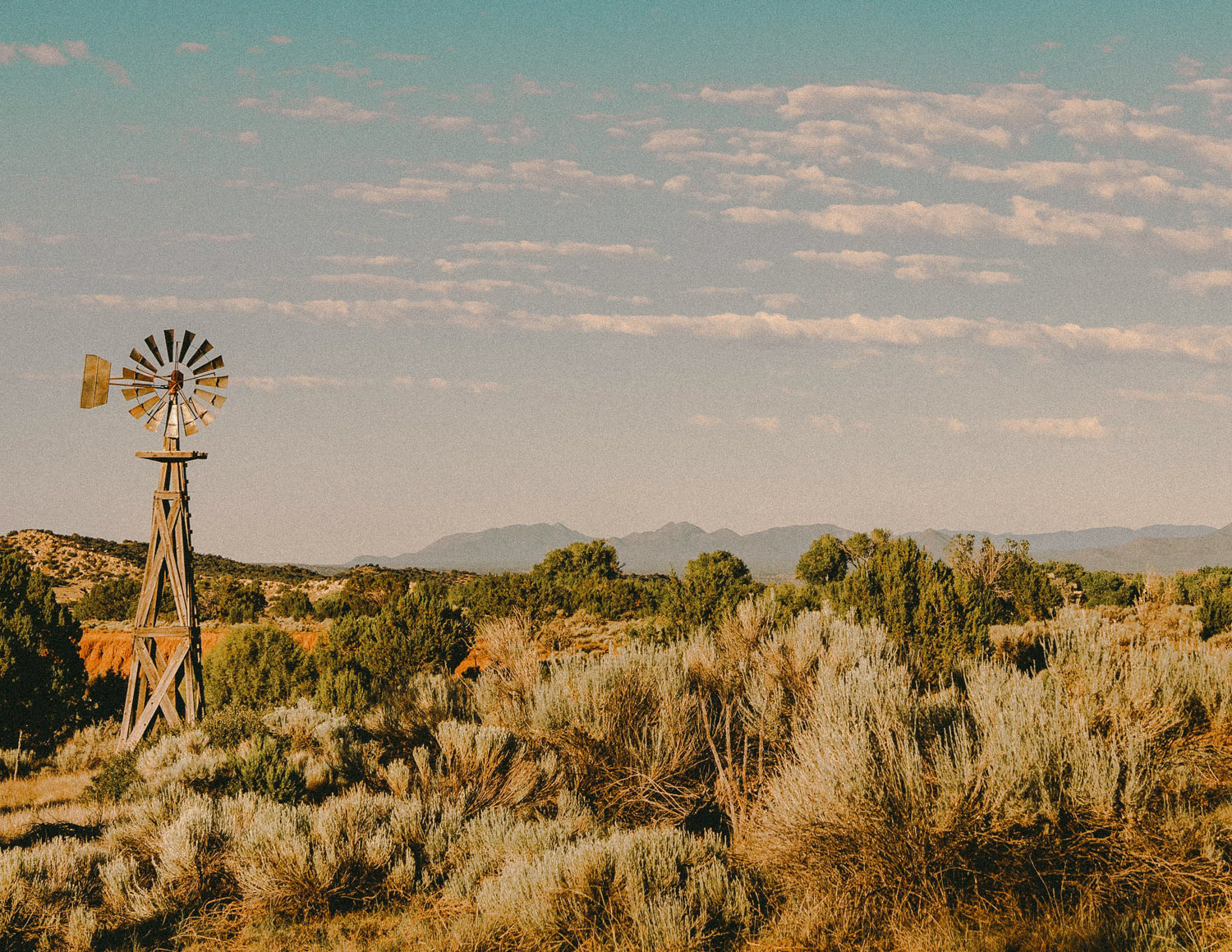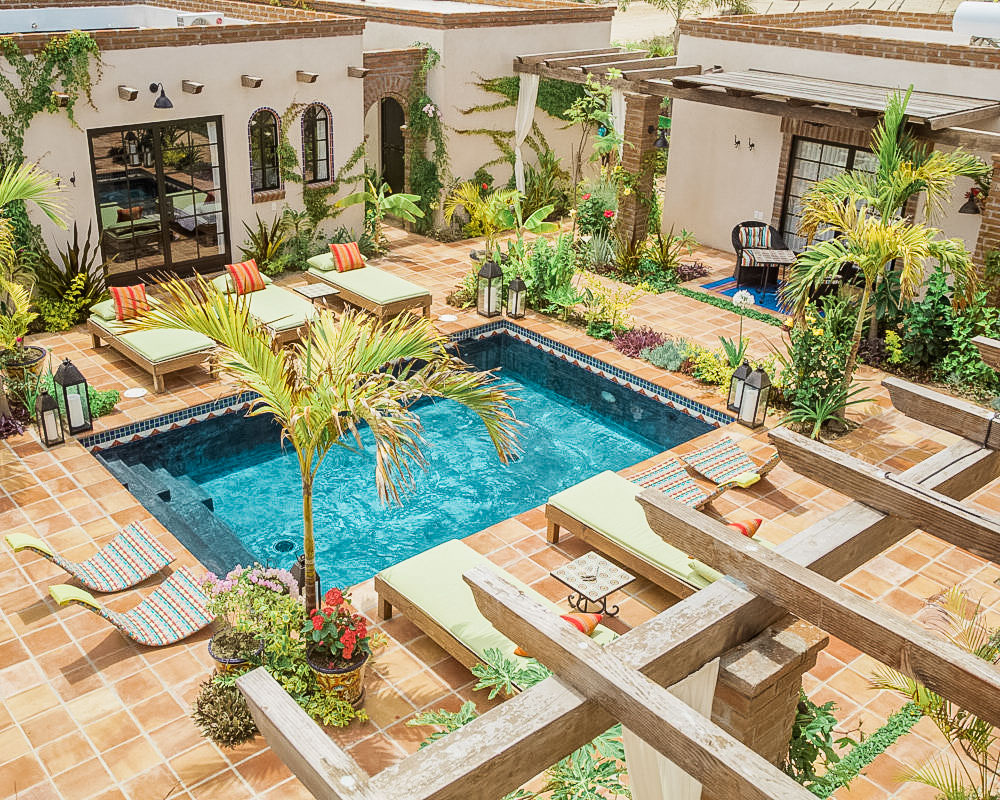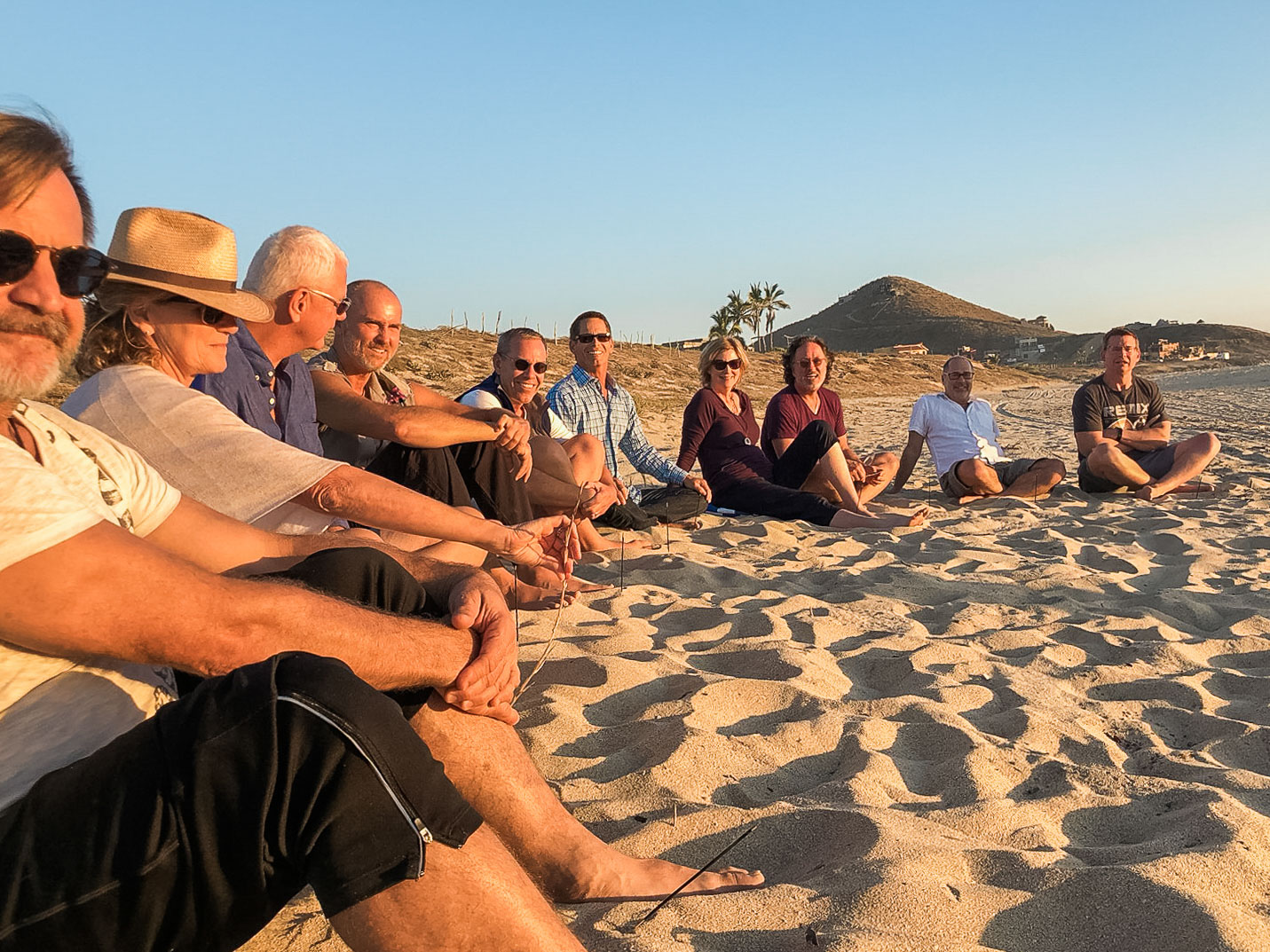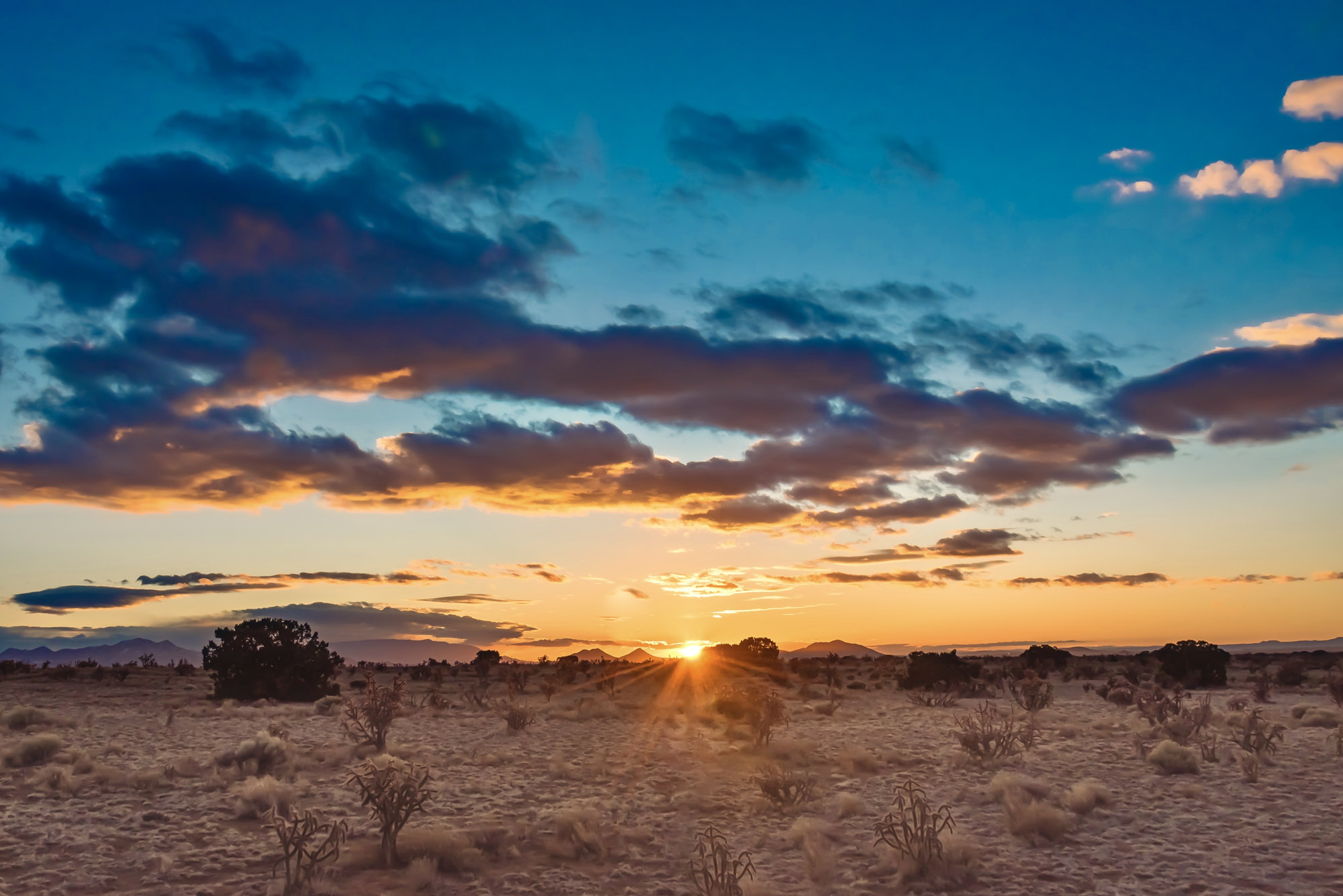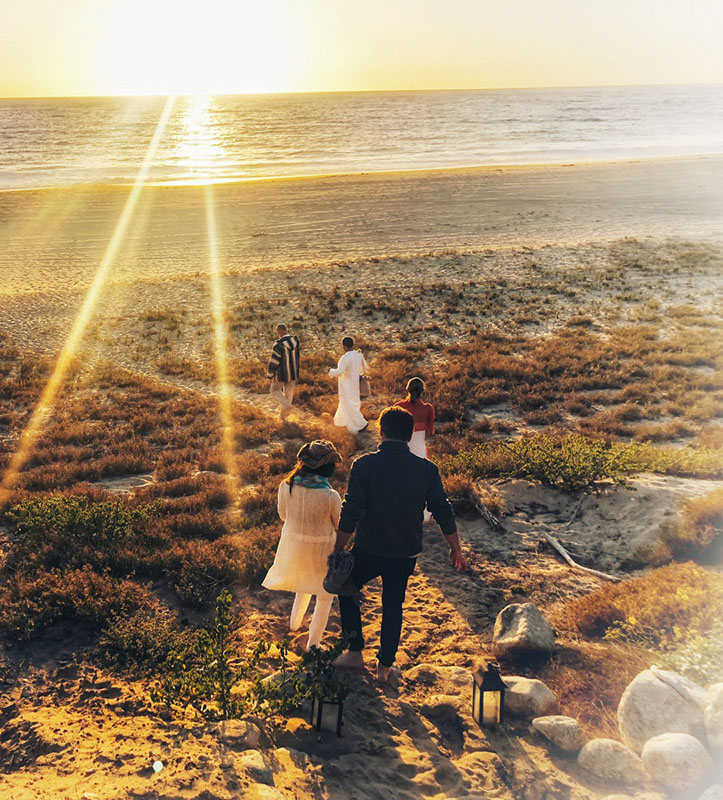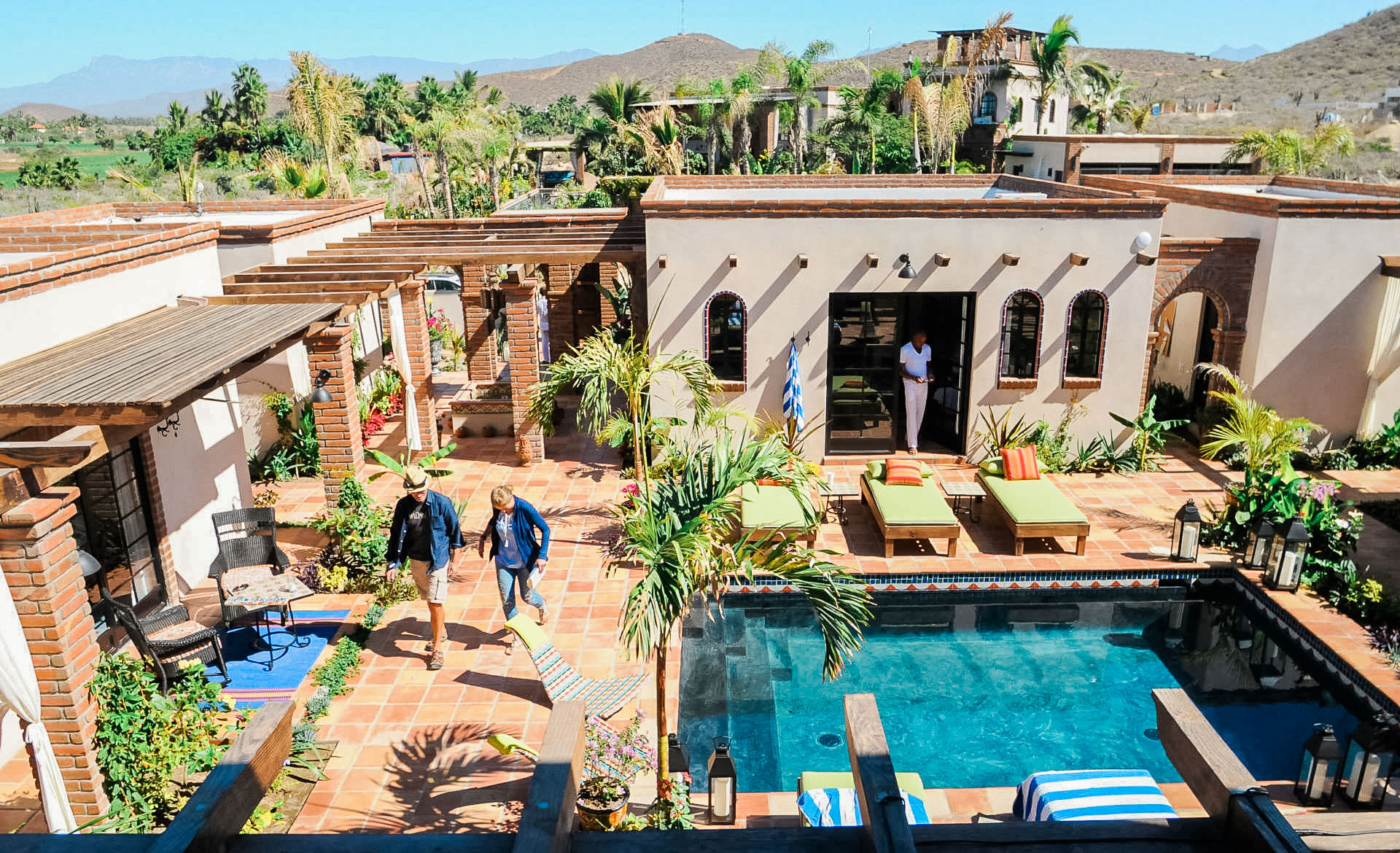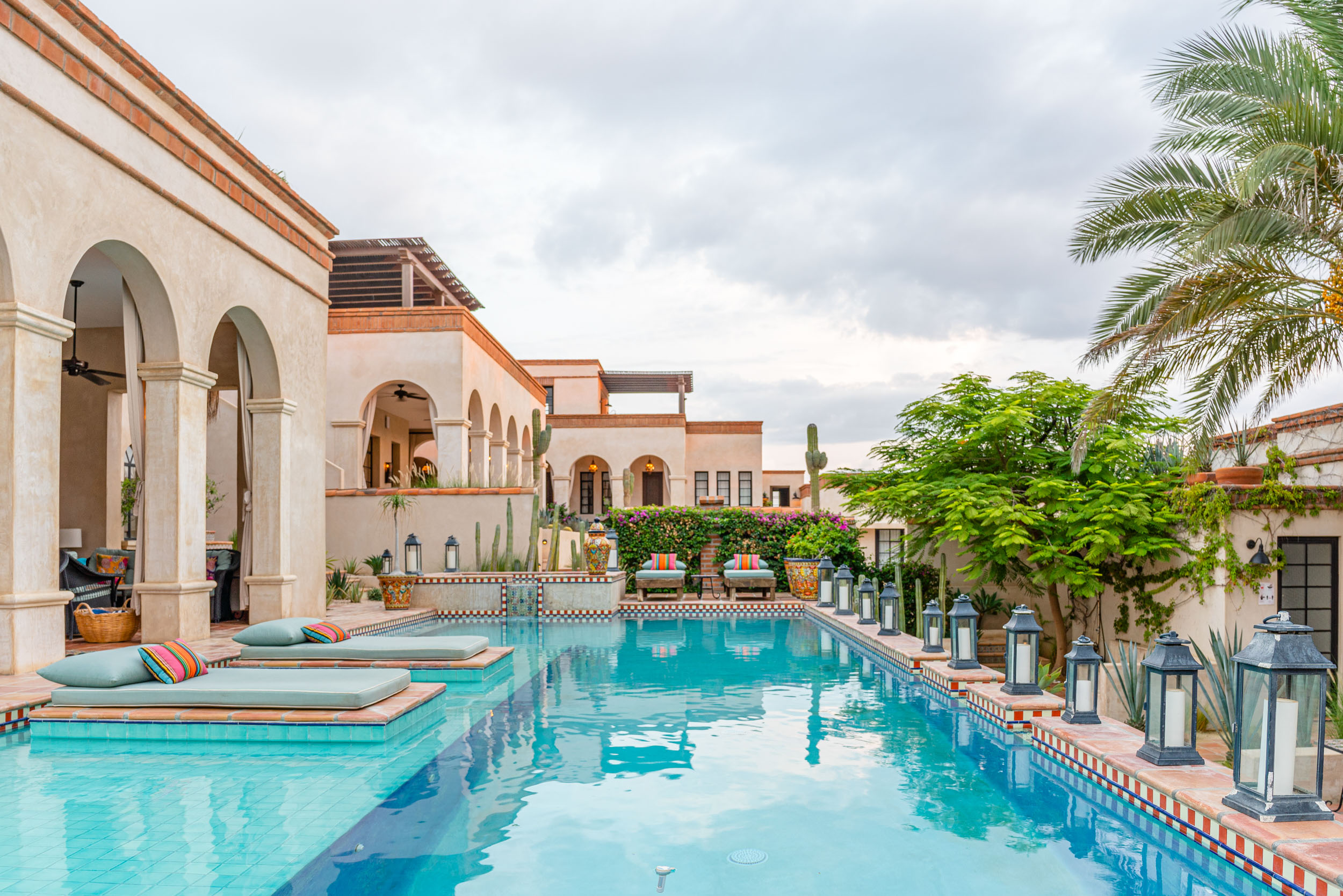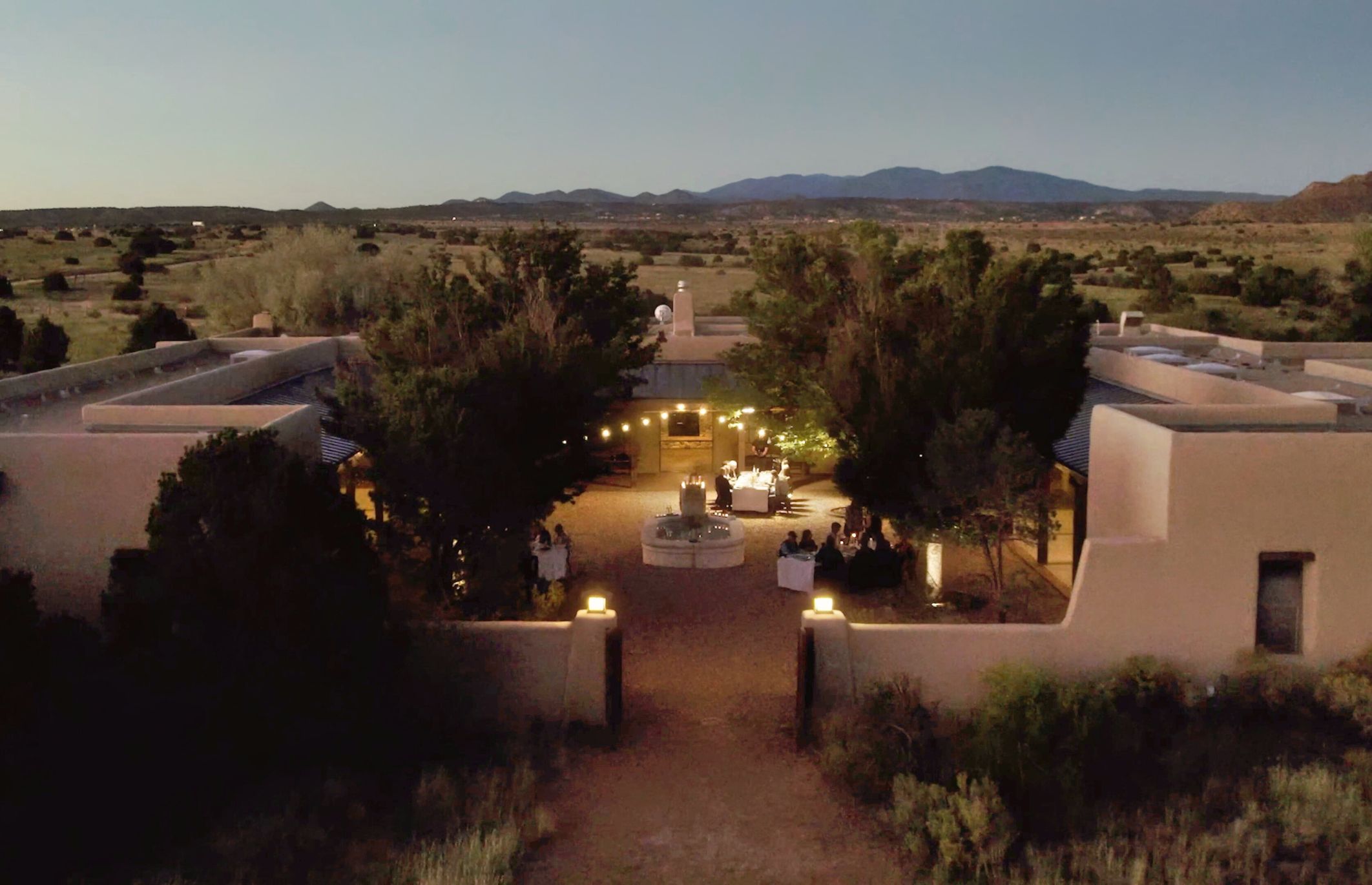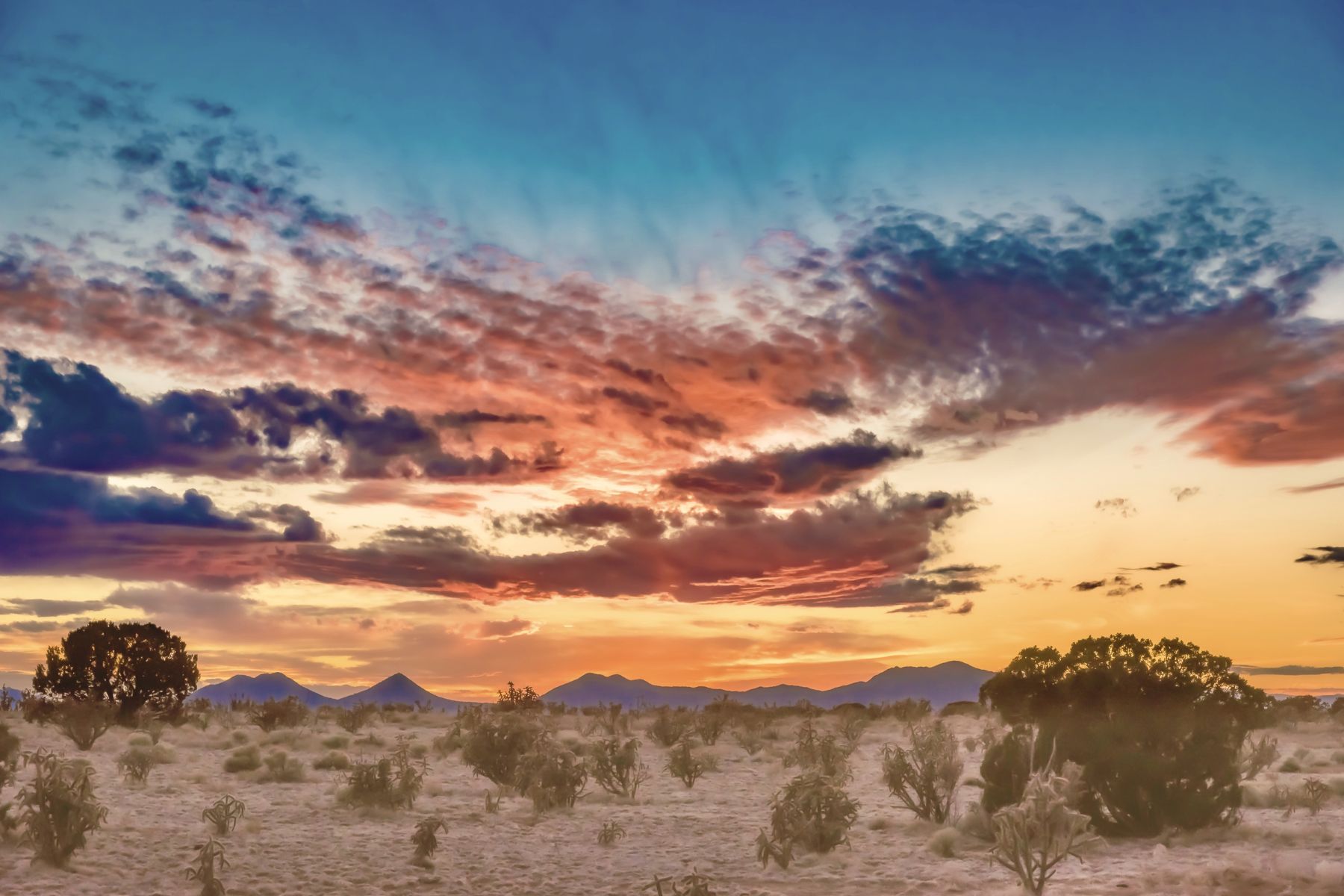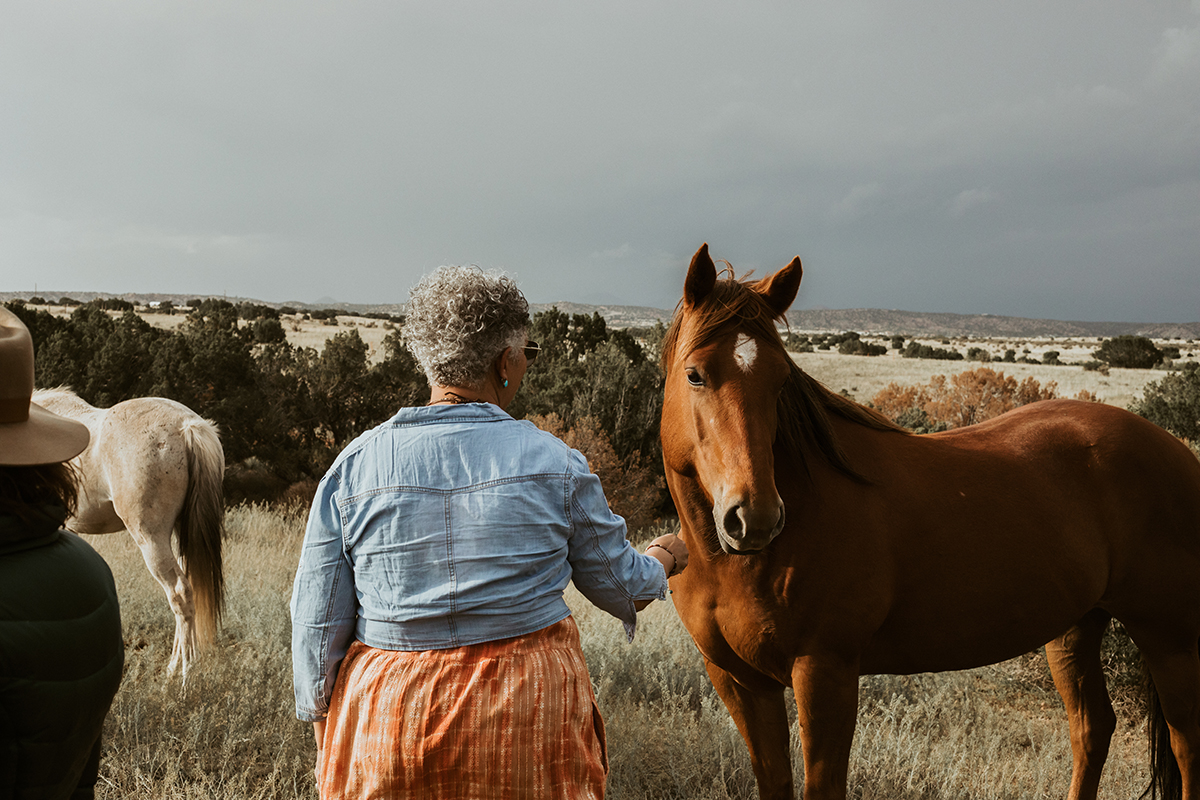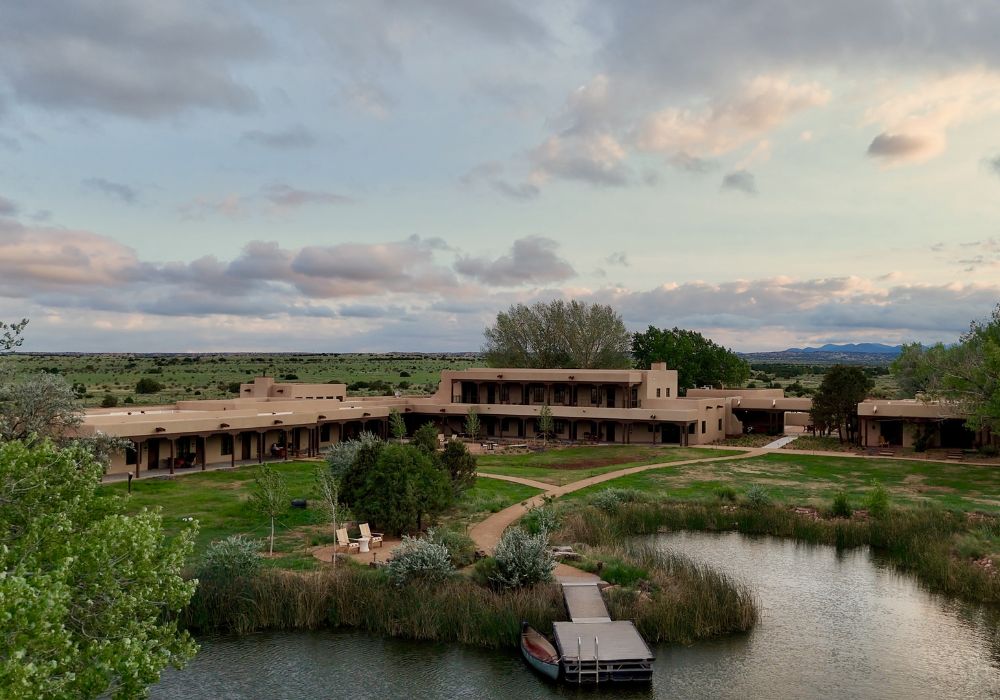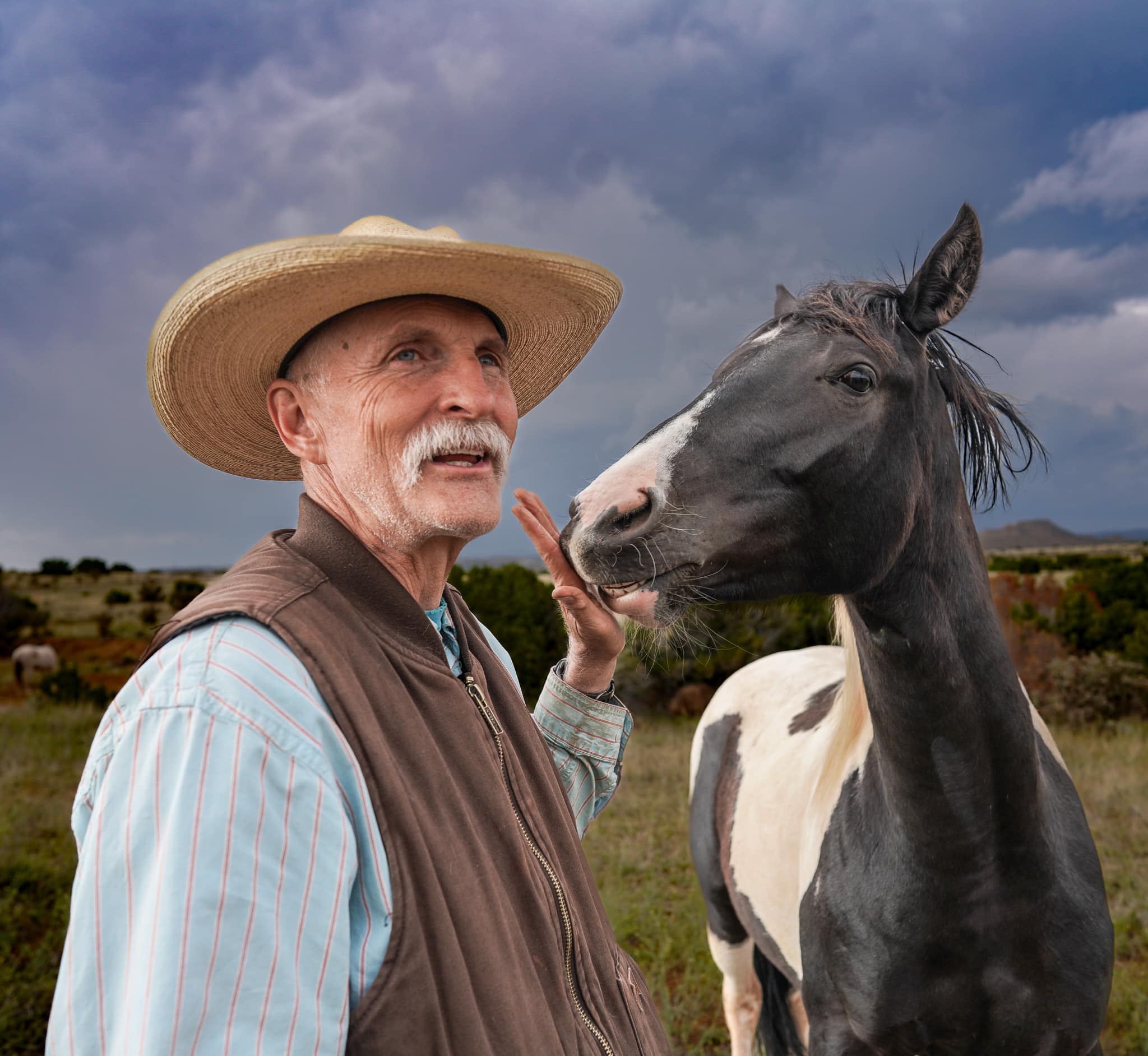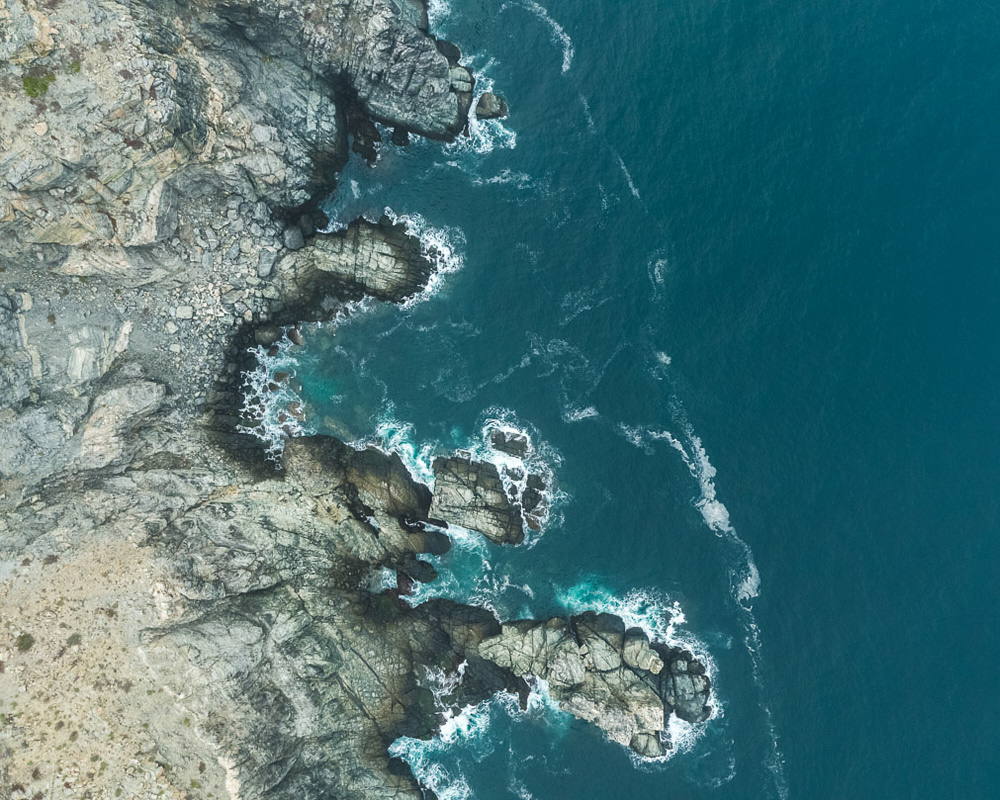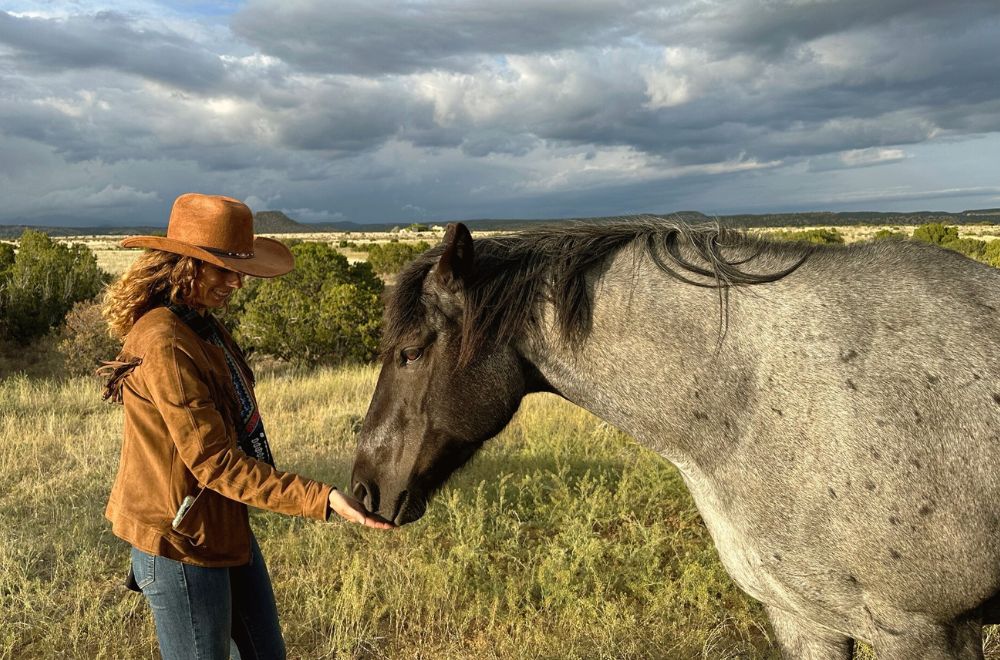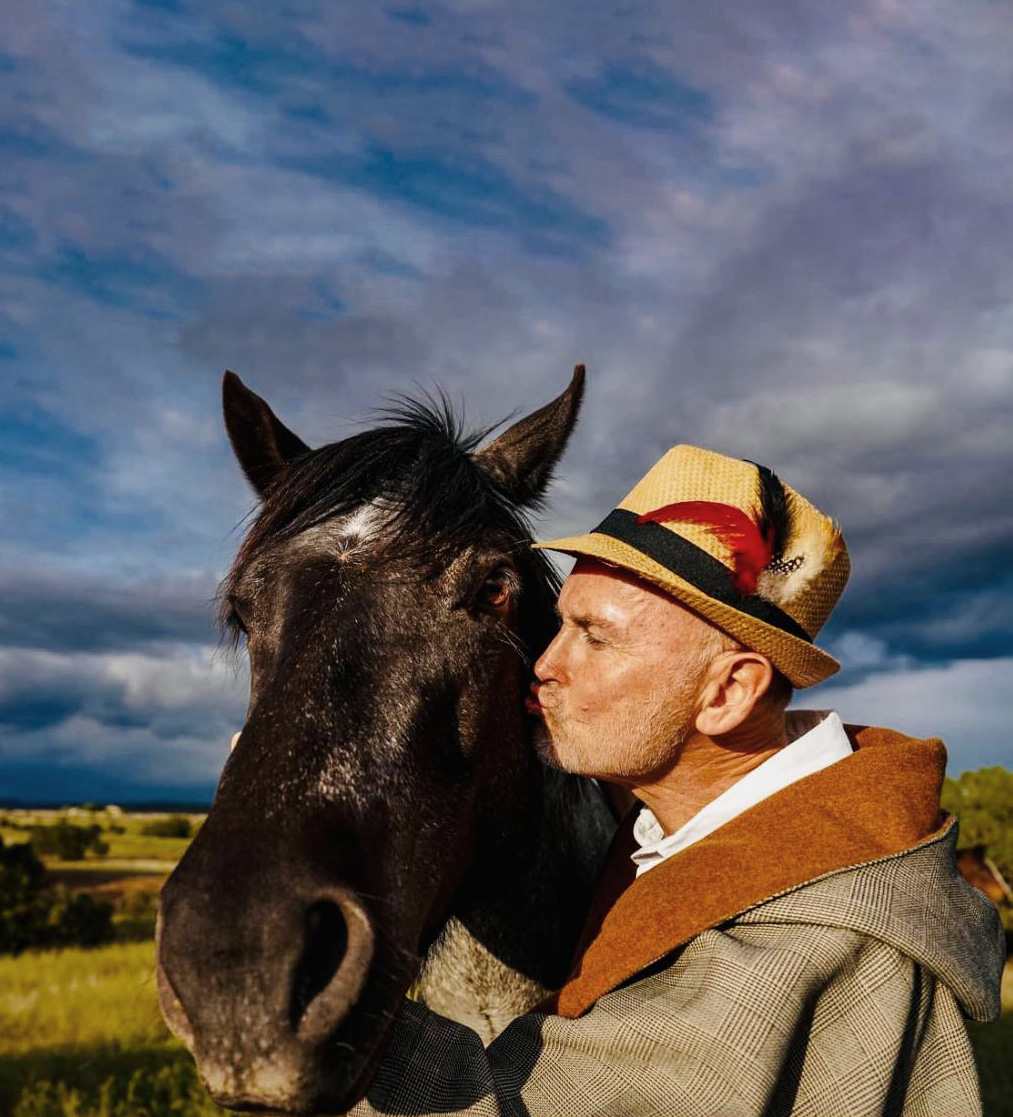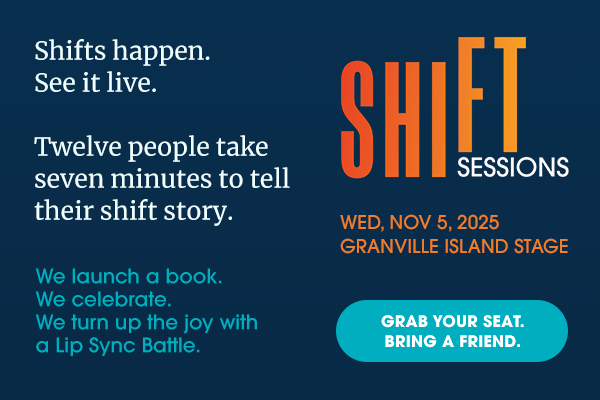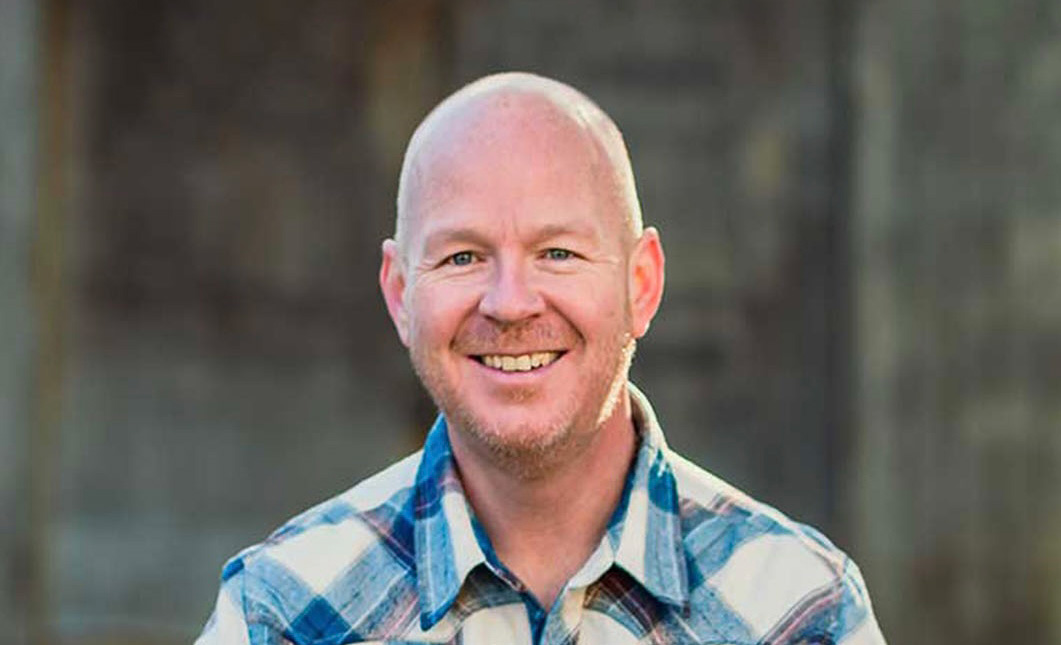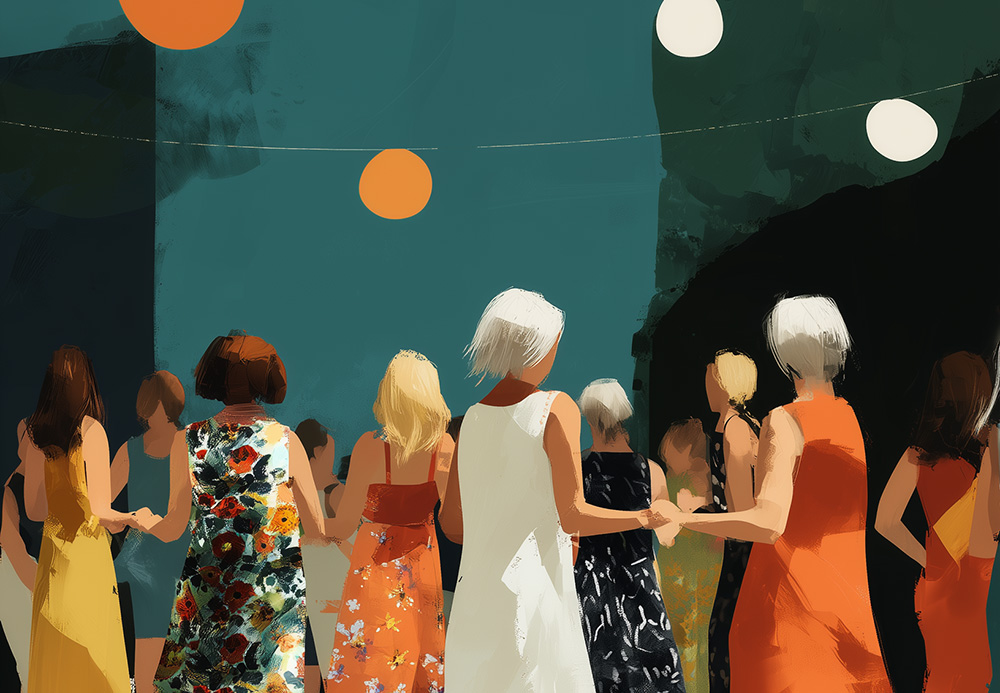Watch the full interview:
You can tell a lot about a person by what they choose to build.
First, Chip Conley built a hotel empire, not around square footage or thread count (though it had both); he built it around joy. Then he helped Airbnb navigate its awkward adolescence and mature from scrappy start up to a company with soul. And now, in the Modern Elder Academy, he’s built something entirely different: a place to pause, reflect, and reimagine what midlife can be.
MEA is a wisdom school. A global community. A place to ask the deeper questions about purpose, aging, identity, and impact. It's where midlife is embraced as a chrysalis rather than a crisis. Where experience is honoured, and reinvention feels possible.
When I was writing my book SHIFT: 7 Mindsets for an Inspired Midlife (out this October) I didn’t want just anyone to write the foreword. I wanted someone who had walked the road I was describing. Someone who had asked the hard questions, stumbled toward answers, and kept going. So I asked Chip. And he said yes.
Chip wrote the foreword. And then he showed up for this conversation where we weren’t talking about resumes or legacies. We were venturing out into some radical, real wild terrain:
Play.
The kind that draws you back in your body. The kind that brings oxygen to your soul. The kind that tenderly, joyfully, subversively, leads you home.
Peter: Hey, Chip. What a treat. We’ve traded so many emails I feel like we’ve already had three coffees together. But this is our first time actually meeting face-to-face, and I appreciate you taking the time. Where are you joining us from today?
Chip: I’m in Santa Fe, where we have a 2,600-acre regenerative horse ranch that serves as one of our campuses. I’m at the ranch centre right now, and it’s beautiful.
I can imagine. I’m pretty sure I can hear horses. Chip, you’ve spent your career sitting at the intersection of growth and meaning. But what I’ve always loved is how you carry your work with a sense of lightness. You remind people that reinvention doesn’t have to be grim—it can be joyful and even playful.
I’m curious: when you hear the word play, what comes to mind?
People often think play is just for kids, like something you do at recess. But there’s also what I call “type 2 play.” It’s when you’re doing something that’s a little hard, maybe uncomfortable or awkward. And afterward, you realize how much growth you got from it.
At our Baja campus, that might mean learning to surf. Here in Santa Fe, it might mean going for a horseback ride. Play can stretch your abilities and open you up to being a beginner again.
if you’re only playing games you’re already good at, you’ll eventually get bored.
Because if you’re only playing games you’re already good at, you’ll eventually get bored. True play often overlaps with what Mihaly Csikszentmihalyi—one of my mentors—called flow. When you’re in flow, you’re challenged just enough to grow while still enjoying the experience. Play is a big part of being a mature adult.
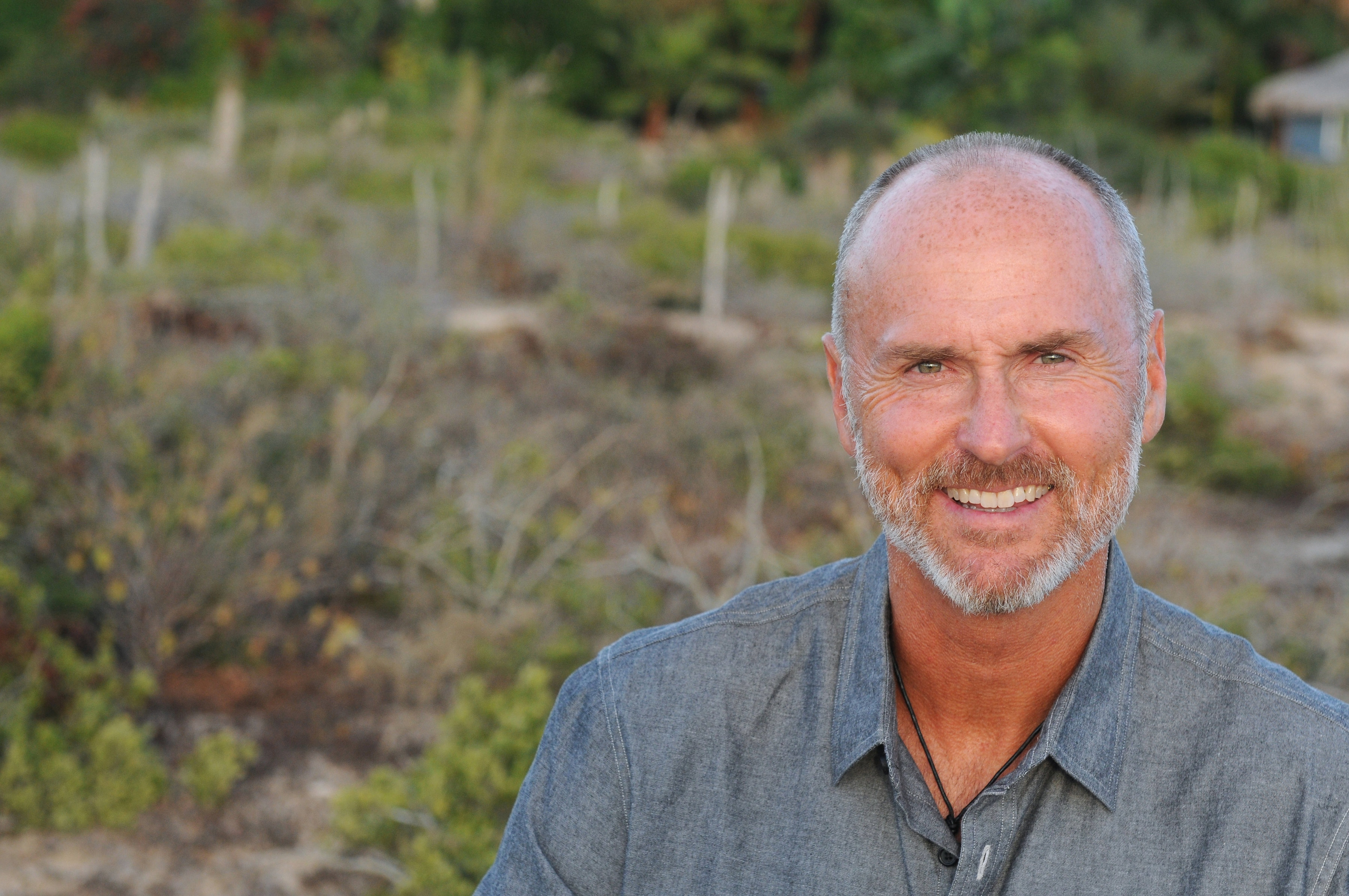
When we were preparing for this conversation, you mentioned an experience in Baja that cracked something open for you—balancing rocks. Tell me about that.
One of my co-founders, Christine, invited me to balance rocks with her. Honestly, my first reaction was, “Why would I want to do that?” But she promised I’d find joy in it—and she was right.
It’s not about stacking ten rocks; it’s about finding how one rock balances perfectly on another. It’s delicate work, almost like mentoring. You shift the rock around until you feel this little “click,” and suddenly it stands on its own. That’s the moment of alignment, just like with a mentee who’s ready to stand on their own.
Play, in that sense, is both metaphor and practice—it teaches us things we don’t always expect.
I love that—let’s play with another metaphor. If you had to name a patron saint of play, who would it be?
Saint Francis of Assisi. I’ve always felt a connection to him—San Francisco and Santa Fe both honour him as a patron saint. He had this playful, almost childlike way of engaging with the world. He talked to birds, praised the sun and moon as his siblings, danced barefoot.
He embodied what I call the “sacred fool”—someone who is both wise and playful. I’d also say the Dalai Lama is a modern-day version of that. He’s deeply wise but also radiates this childlike joy.
I love that. I once saw the Dalai Lama speak in Vancouver. He had this way of making the room erupt in laughter and fall into silence, all in the same minute.
If I were to name a patron saint of play, I might choose Robin Williams. Not because he was always light but because his playfulness held something deeper. He reminded us that laughter can carry truth. Absurdity cracks things open. One unexpected joke, and suddenly, you feel more human.
So, when you think about MEA, what led you to create it?
The origin story of MEA wasn’t about play—it was about fear. In my late 40s, I hit a wall. What some might call a midlife crisis, I now think of as a midlife chrysalis—a messy but transformative stage.
During that time, I lost five male friends to suicide. I had my own near-death experience after an allergic reaction to an antibiotic. On the other side of that, I knew I needed to change everything.
I spent over seven years at Airbnb, serving as a modern elder to the founders. It was during that time I realized I loved my 50s, even though I had hated my late 40s. I wanted to help others navigate this stage of life—what I believe is a relatively new life stage, thanks to increased longevity.
simply shifting your mindset on aging from negative to positive can add 7.5 years to your life.
So we created MEA—the world’s first midlife wisdom school. We help people navigate transitions, cultivate purpose, own their wisdom, and reframe aging. Becca Levy at Yale has shown that simply shifting your mindset on aging from negative to positive can add 7.5 years to your life.
We now have 7,500 alumni from 60 countries and 56 regional chapters around the world.
That’s incredible. And I loved your book, Learning to Love Midlife, it drew me right in.
Thank you.
MEA is a place where people often try new things—surfing, bread-making, karaoke. Why is being a beginner so important?
Because being a beginner cultivates a growth mindset. Carol Dweck’s research at Stanford shows that when you avoid trying new things for fear of failure, you stagnate.
When you allow yourself to be bad at something, to laugh at yourself, you’re focused on learning, not winning. That openness is linked to longer, healthier, and happier lives.
In midlife, that’s especially dangerous because routine can dull curiosity. When you allow yourself to be bad at something, to laugh at yourself, you’re focused on learning, not winning. That openness is linked to longer, healthier, and happier lives.
Plus, when you’re a beginner alongside others your age, it feels like being a kid again. It’s joyful.
Where are you currently learning to be a beginner?
Podcasting! I started The Midlife Chrysalis, and I’m definitely a beginner there. I’m also learning what it means to parent adolescent sons—letting go of control is a big one for me. I’ve taken up guitar, and I’m not very good, but I enjoy it.
When I first moved to Mexico, I had to learn Spanish and surfing. I asked myself, “Ten years from now, will I regret not learning this?” And the answer was yes. Anticipated regret is a form of wisdom—it helps guide us toward what matters.
Do you think we’ll hear a guitar solo on the podcast anytime soon?
Funny you say that! In an episode with Hoda Kotb from The Today Show, she randomly started playing Fleetwood Mac’s Landslide. It was spontaneous and beautiful. Maybe we’ll do a duet someday.
We think play is for kids. We’re afraid to look foolish. And honestly, we’re just too busy. Play feels inefficient when your life is packed.
Why do you think people in midlife stop playing?
We think play is for kids. We’re afraid to look foolish. And honestly, we’re just too busy. Play feels inefficient when your life is packed. But play is essential. It reconnects us with joy and helps us bond with others. Sometimes you have to schedule play to make room for it.
With your kids—or grandkids.
Exactly. Or with friends or your partner. Go play horseshoes, go bowling, go mountain biking. It doesn’t have to be elegant or impressive—it just has to be fun.
I imagine you witness a lot of “penny drop” moments at MEA. What do you see when people rediscover play?
A lot of people take themselves too seriously. Play brings levity. Humour is the last sense to go—unlike sight or hearing. Think of George Burns, Betty White, Phyllis Diller. Humour keeps us young.
I remember a woman who came to MEA as a litigator. She hated it, wanted to become a litigation consultant. But that felt too adjacent—just more of the same.
During her time at MEA, she surfed, sang karaoke, baked bread. She remembered how much she loved baking pies with her grandma. By the end of the week, she announced she was enrolling in pastry school. That was her Baja Aha—or what we call the “Santa Fe Takeaway.”
It’s interesting—here in Vancouver, comedy tours are selling out. People want to laugh. Why do you think that is?
The world feels weird and heavy. Everything’s complicated. We need two things: wisdom to distill what matters, and joy to carry us through. Humour helps us cope. It’s a pressure release. It reconnects us to ourselves and to each other.
You have a unique vantage point at MEA. Do people take personal growth too seriously sometimes?
Yes. Many arrive feeling stuck. But as Carl Jung said, “You can’t live the afternoon of your life by the rules of the morning.” Midlife needs a new approach—a new set of tools. That’s why MEA exists.
I often think of myself as a cartographer—mapping this territory between early adulthood and later life. With people living longer, we need new maps. Retirement at 60 with ten years left isn’t the reality anymore. For most people, there’s a whole second half of life to navigate.
Looking ahead—when you’re 90, what’s one playful thing you hope you’re still doing?
Writing. Maybe podcasting. Hopefully still teaching in the classroom. Trying new physical things. I’ve recently taken up juggling. It’s great for the brain—and it’s safe!
The guy teaching me juggling? He’s 92 and was the lead clown in Cirque du Soleil in Montreal. Canadian, of course.
Go to the best!
Exactly.
If you were to write a book on play, what would you call it?
There’s a great book called Play by Diane Ackerman. But I’d probably go with something like What Play Can Teach You About Work. We often separate the two, but they’re deeply connected.
Beautiful. Before we close, what’s exciting you right now at MEA?
Having two campuses is a thrill. We also have our second annual film festival coming up in Santa Fe—58 films, 38 filmmakers, all based on our curriculum. That’s incredibly energizing.
The podcast is another big one. And our 56 regional chapters are thriving. I was just in New York with 50 alums. The sense of community is powerful.
Any workshops this fall you’re especially excited about?
Yes! I’m co-teaching one in November with Marc Freedman on thriving in an intergenerational world. Anne Lamott is leading one. Karen Walrond, who collaborates with Brené Brown, is teaching too. All in Santa Fe. It’s a magical time of year there.
Chip, thank you for taking the time today. You didn’t have to—but you did. And I’m grateful.
I love the work you’re doing, and I love the magazine. Let’s stay in touch—and let’s get you to an MEA workshop one of these days. Maybe even teaching one day.
I’ll be there.
That would be fun.
Thanks for showing us how play can lighten us, open us up, and remind us that joy knows what it’s doing.
MEA Santa Fe Campus
